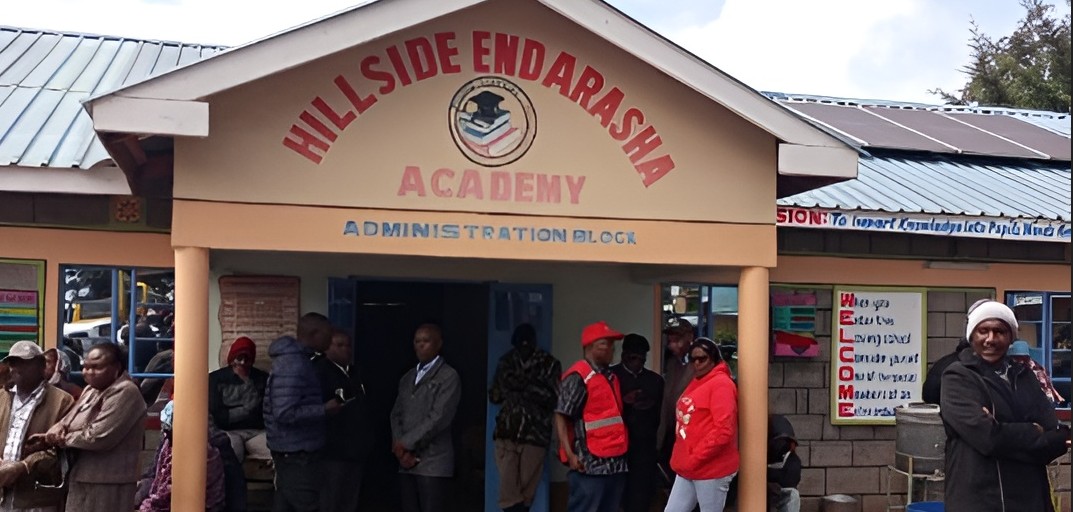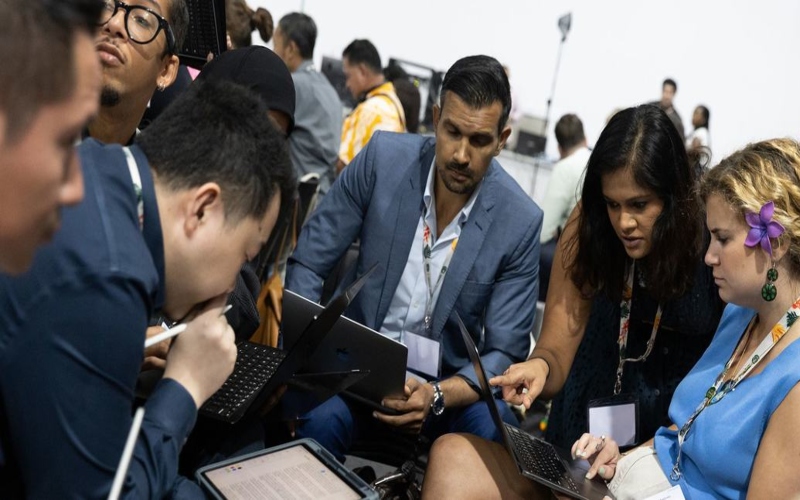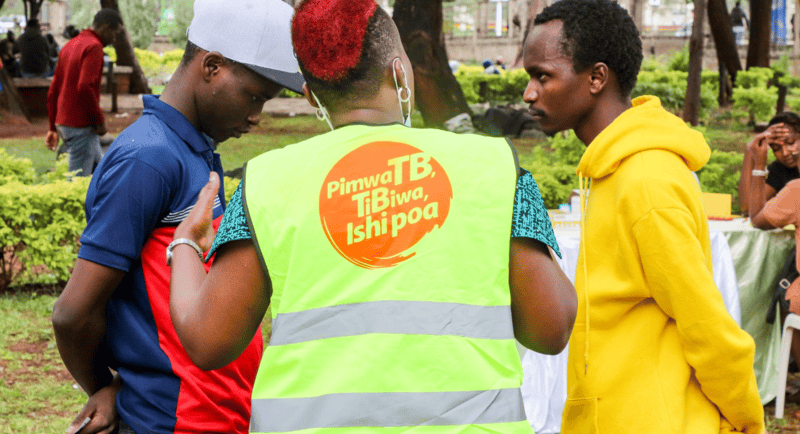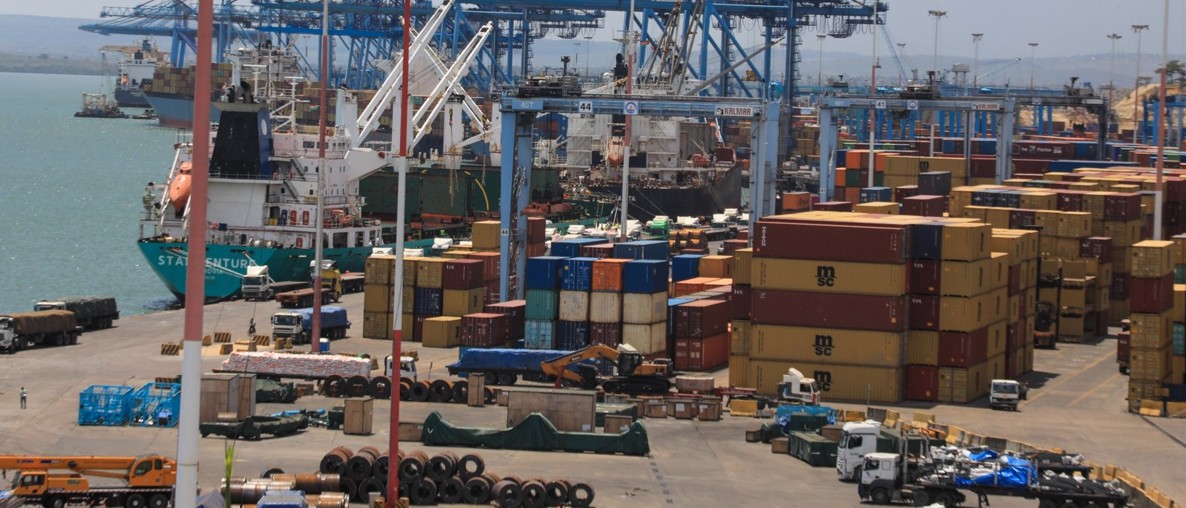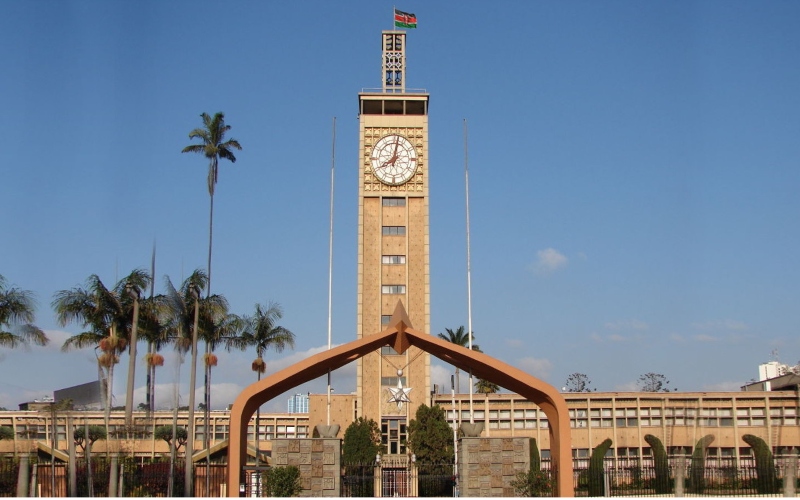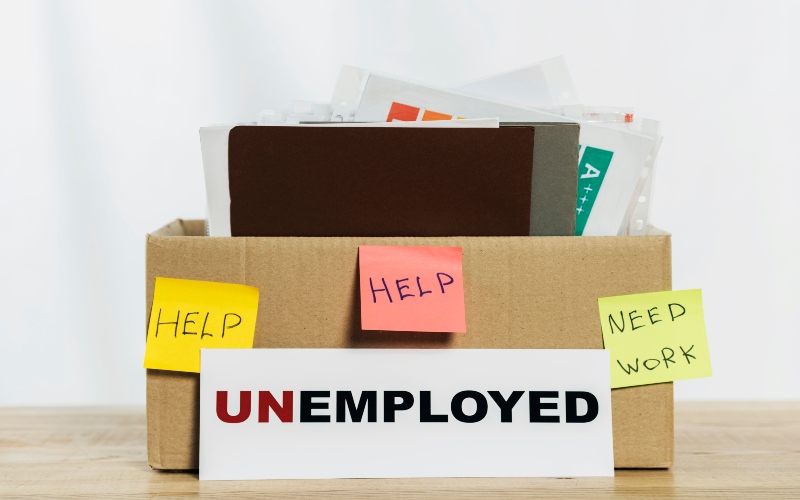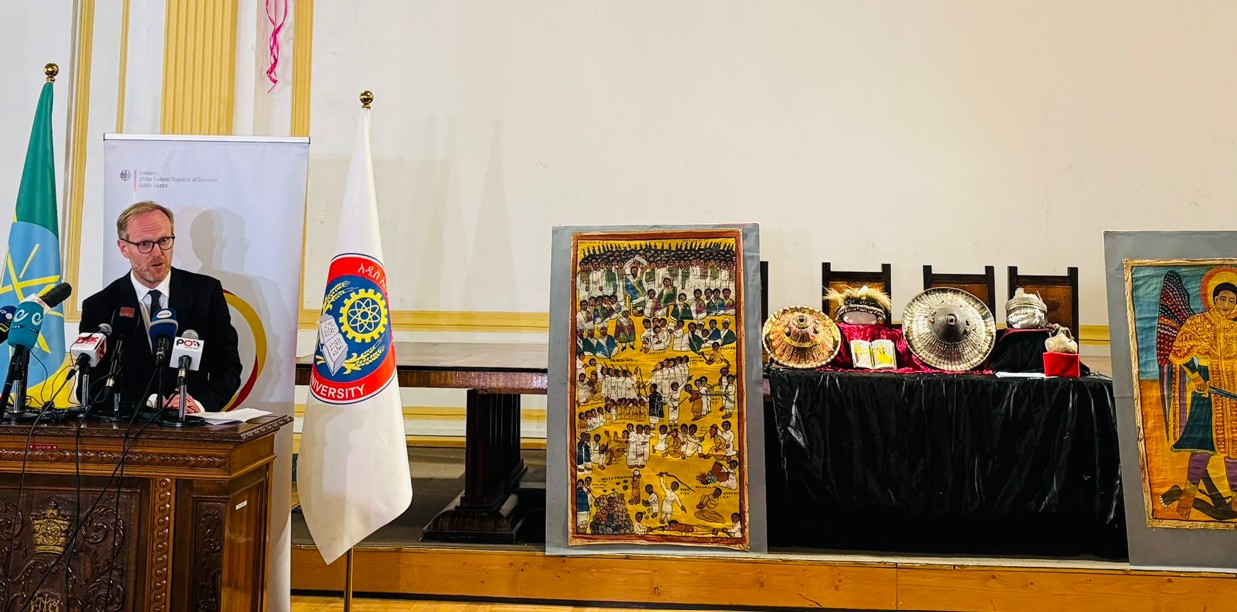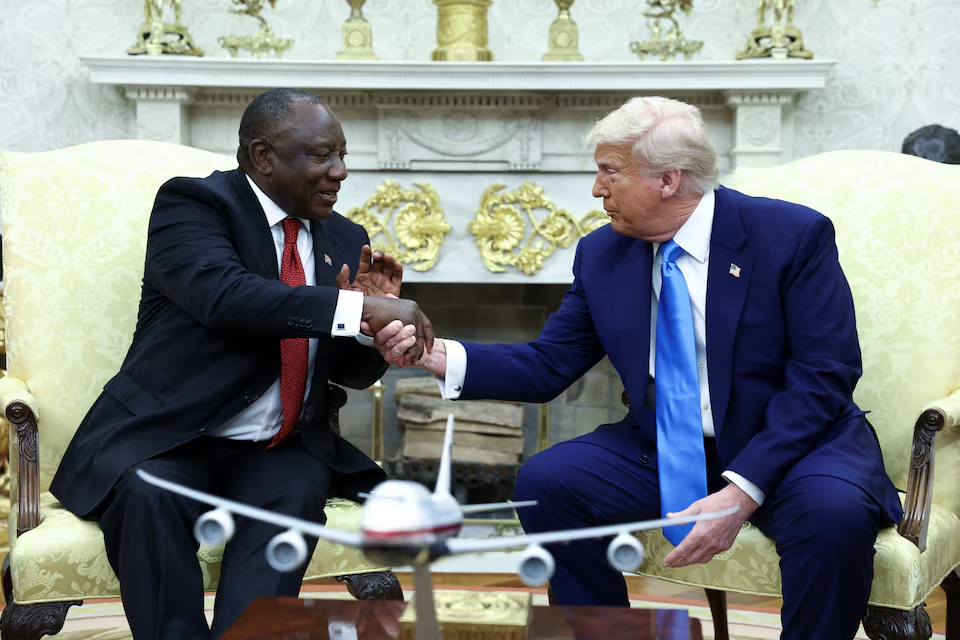Kenya listed as key market for counterfeit goods in US trade report
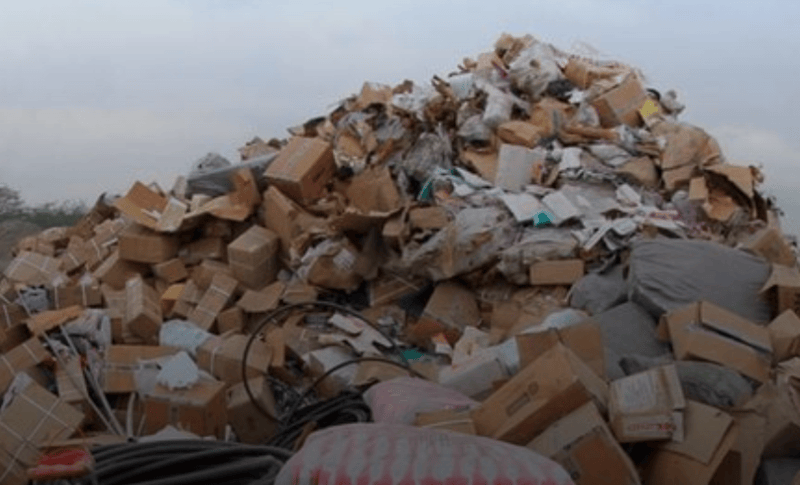
According to the USTR, the problem spans a wide range of products, including electronics, medicines, food and beverages, clothing, footwear, personal care items, chemicals, sportswear, toys, household goods, as well as automotive and aircraft parts.
Kenya has been named by the United States as one of the major destinations for counterfeit products, with concerns raised about the country’s weak intellectual property (IP) enforcement systems.
In a report released by the Office of the United States Trade Representative (USTR), Kenya is highlighted as a growing hub for fake goods, which are endangering consumers and costing legitimate companies and governments billions in lost revenue.
More To Read
- Anti-Counterfeit Authority chair charged with soliciting Sh5 million bribe to shield businessman
- It's Trump vs. the press, again, with new threat to BBC
- Ethiopian Airlines says Africa–US flights unaffected by Federal Aviation directive
- Sudan's paramilitary forces agree to proposal of humanitarian truce
- Kenya backs UN vote calling for end to US embargo on Cuba
- US drops Sh1.3 million visa bond for Mali citizens, ending diplomatic standoff
The report, titled the 2025 Special 301 Report on Intellectual Property Protection and Enforcement, lists Kenya among countries with “ineffective or inadequate” IP enforcement systems.
This, it says, is enabling the flow of counterfeit goods, primarily originating from China, India, Türkiye, and Vietnam.
These products are either shipped directly or through key transit points such as the United Arab Emirates and Singapore.
According to the USTR, the problem spans a wide range of products, including electronics, medicines, food and beverages, clothing, footwear, personal care items, chemicals, sportswear, toys, household goods, as well as automotive and aircraft parts.
“The problem of trademark counterfeiting continues on a global scale and involves the production, trans-shipment, and sale of a vast array of fake goods,” the report reads.
“The counterfeits are shipped either directly to purchasers or indirectly through transit hubs, including in Chile, Hong Kong, the Kyrgyz Republic, Singapore, Türkiye, and the United Arab Emirates to third-country markets such as Brazil, Kenya, Mexico, Nigeria, Paraguay, and Russia, that are reported to have ineffective or inadequate IP enforcement systems.”
Washington warned that many firms violating American trademarks disregard safety, quality, and performance standards to boost profits, which exposes consumers to health and safety risks.
In turn, legitimate businesses suffer revenue losses, reduced incentives to invest, and reputational damage when unsuspecting buyers use fake versions of their products.
“Governments lose the tax revenues generated by legitimate businesses and may find it more difficult to attract investment when illegal competitors undermine their respective markets,” the report adds.
The trade in counterfeit goods has grown into a lucrative global business. A joint study by the Organisation for Economic Co-operation and Development (OECD) and the European Union Intellectual Property Office estimated the market for counterfeit goods was worth $464 billion (Sh59.7 trillion), around 2.5 percent of global trade in goods in 2019.
The US report comes shortly after Kenya’s Anti-Counterfeit Authority (ACA) reported disruptions to the functioning of its data system. In the year ending June 2024, ACA said its Anti-Counterfeit Authority Integrated Management System (AIMS) experienced outages and instability, which affected the collection and processing of information from IP rights holders.
As a result, the agency registered only 185 IP rights for imported goods—falling short of its 300-target.
“Target [was] missed due to the AIMS system outage and instability experienced, thus affecting the number of applications received and processed,” ACA noted in a recent budget review.
Under the Anti-Counterfeit Act, Kenyan importers are required to register the IP rights of goods they bring into the country.
The law also prohibits the importation of unregistered products. However, enforcement efforts have been hampered by limited funding.
ACA was forced to scale back its inspection operations, conducting 8,040 checks against a planned 8,500 in the year ending June 2024. Plans to set up two storage depots in Mombasa were also shelved due to budget cuts.
Globally, Washington directed fresh criticism at Singapore, accusing it of failing to strengthen border checks. The USTR pointed out that American firms had expressed concern over poor coordination between Singapore Customs and the country’s Police Force Intellectual Property Rights Branch.
“Our trading partners must address the concerns identified in the Special 301 Report and stop those stealing the intellectual property of hard-working businesses and individuals,” said US Trade Representative Jamieson Greer in the report.
“President Trump has a track record of empowering our innovators and workers, and this comprehensive report is a basis for the United States to take trade enforcement action against those not playing fairly.”
The USTR also raised concerns over the changing tactics of counterfeiters. According to the report, more dealers are using legitimate express mail services, international couriers, and postal systems to deliver fake goods in small consignments. This helps them evade customs inspections, which typically target larger cargo shipments.
In addition, the counterfeit goods are often shipped separately from the fake labels and packaging to avoid detection. Online sales platforms are also being used more frequently by counterfeiters to reach consumers directly, especially those that allow peer-to-peer transactions.
“Counterfeiters also increasingly sell counterfeit goods on online marketplaces, particularly through platforms that permit consumer-to-consumer sales,” the report notes.
The USTR urged online platforms to take serious steps to combat counterfeiting by implementing strict quality checks and adhering to anti-piracy procedures.
Top Stories Today

